Any convert to the Catholic faith will soon come across this phrase, “Offer it up.”
Ordinary Catholic mothers used to say it when their kids were grumbling: “Offer it up dear!”
The idea behind this practice is really one of Catholicism’s treasures. It is the belief that our sufferings can be joined with those of Christ for the redemption of the world. This is rooted in the mysterious passage from St Paul when he says in Colossians, “Now I rejoice in my sufferings for you, and I fill up in my flesh what is lacking in regard to Christ’s afflictions for the sake of his body the church.”
What is communicated here is a profound mystery–that our sufferings can be joined with Christ’s and furthermore, they are joined for the sake of his body–the church.
We’re reminded of this mystical unity of the church when the priest at Mass says, “Look not on our sins, but the faith of your church.” It is as if the church herself continues to bear the suffering of Christ in the world, and this is for the sanctification of the whole church and for the redemption of the world and for reparation for our sins.
But there are some practical benefits on the personal level too. When we “offer it up” we sometimes forget that Jesus really accepts the gift and takes it from us. This is clear when the thing we are offering up is our sinfulness or the memories of sin and suffering from the past. I have dealt with this at some length–showing how praying the rosary can bring inner healing of the memories.
When we bring the sins and sufferings of the past and offer them up in prayer Christ takes them and we are set free.
There is a problem however. What if a person is suffering physically and they offer it up to Christ, but he does not take away the cancer, cure the chronic pain or heal the person physically. I hesitate to speak about this because it is sacred ground and I have not been given that cross to bear.
However, I have spoke to people who have been through the valley of the shadow of death, and it is amazing how many of them say things like, “When I offered it up, Jesus did not take the pain away, but I sensed his strengthening presence with me through it.” A very holy nun I knew was blind and suffered a terrible degenerative bone disease, and when I asked about her chronic pain she said, “I would not have it taken away because I have drawn so close to Jesus through this!”
The problem of suffering is the greatest challenge any believer faces, and the understanding of suffering as redemptive and that it can be joined to the work of Christ for the sake of the Church and the world is the most terrifying and comforting thought, and although I am not suffering at this time, may my own prayers and small sacrifices be joined with those who are.

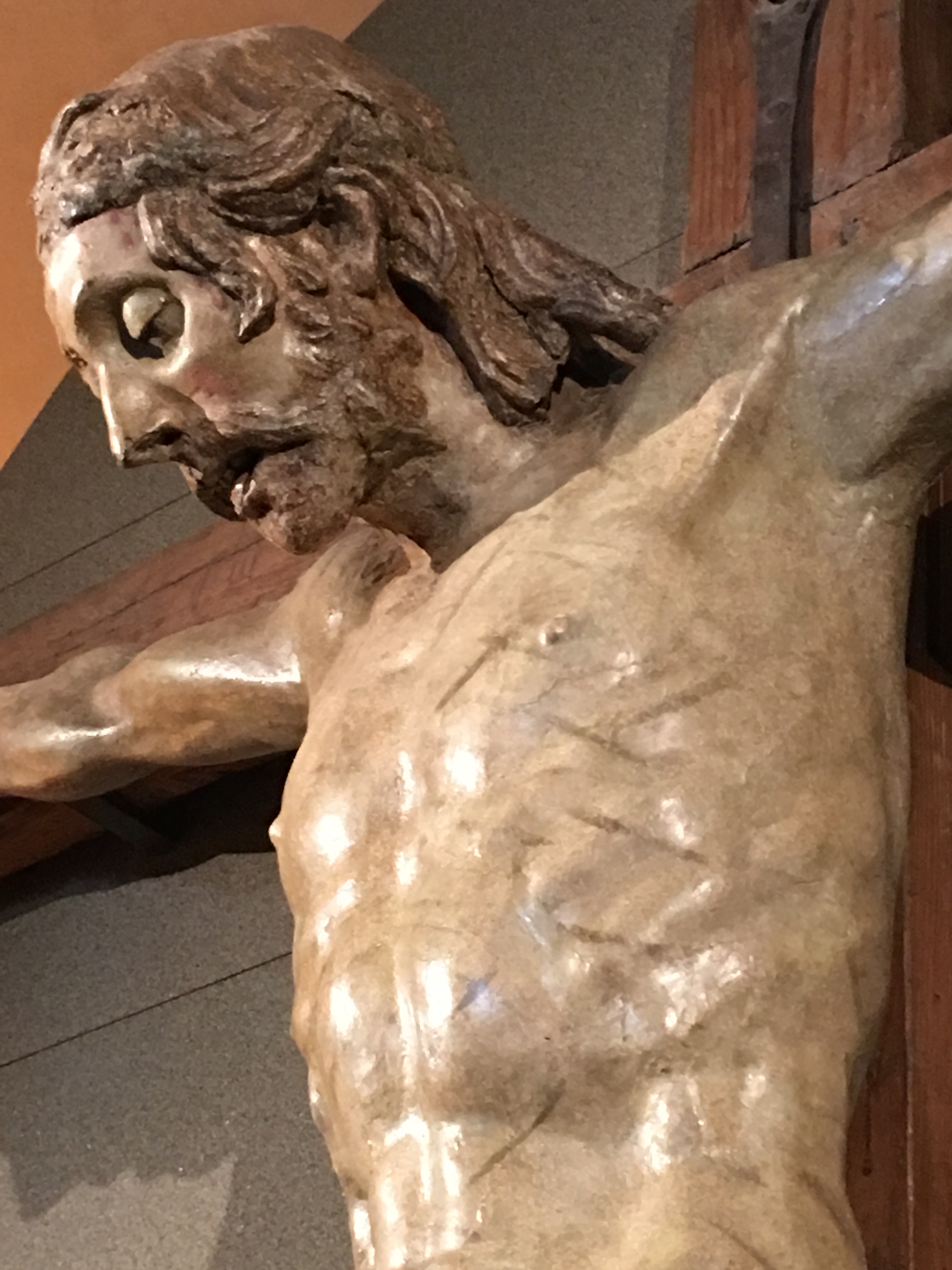
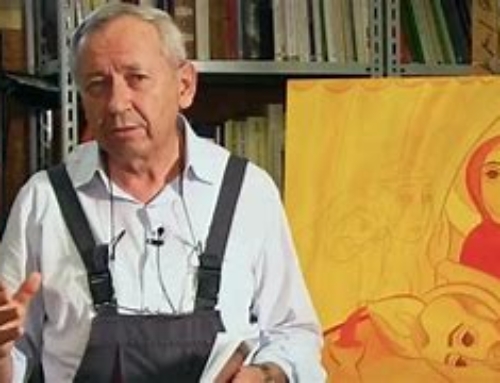
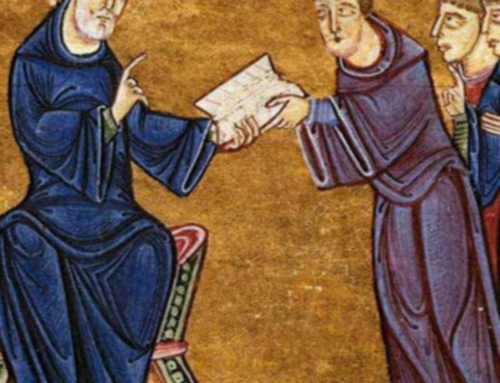

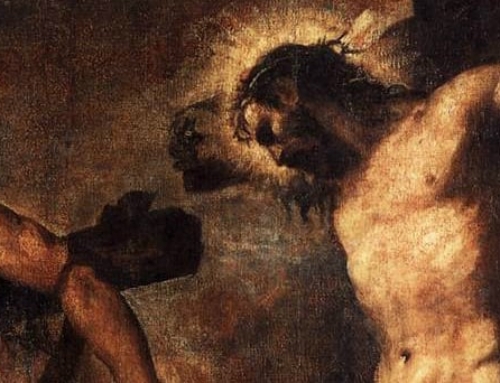
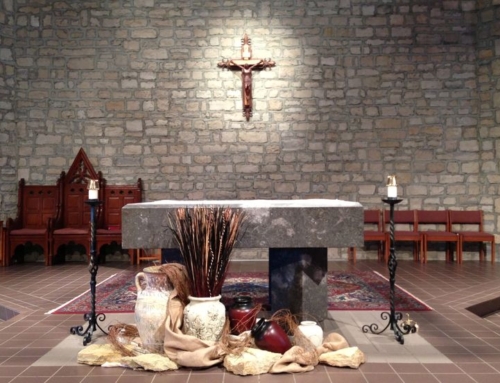
Leave A Comment
You must be logged in to post a comment.